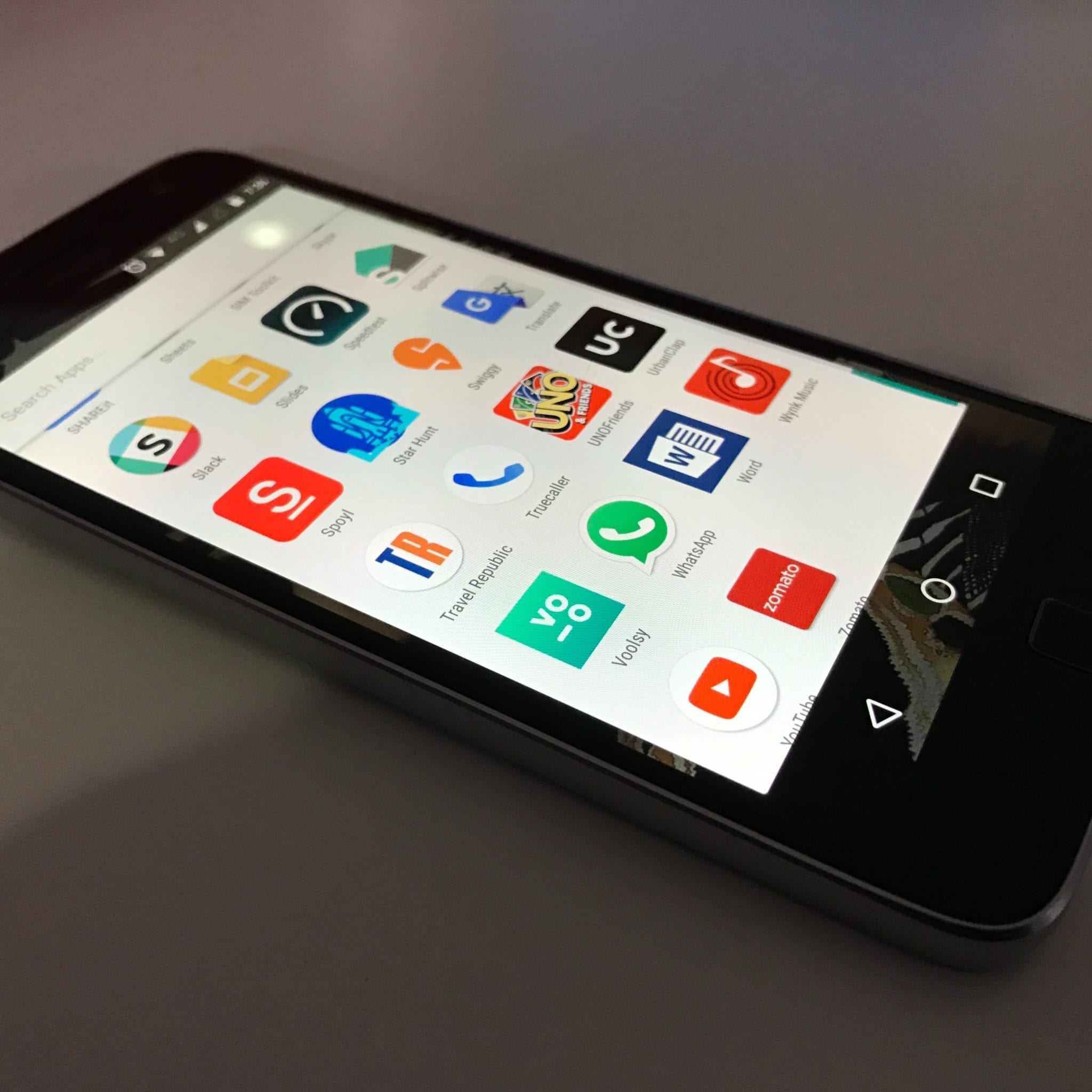Everyone knows the war between Apple and Android mobile device users as to which device is better. While that debate may continue ranging on, developers still have to ensure that websites, software, and applications function properly on all these mobile devices. However, testing procedures for Apple and Android devices are often quite different. Here are three major differences between the two.
Open Versus Closed Systems
Apple devices are closed systems, meaning that the kernel of all iOS devices is XNU. Most of the code is also written in either Objective-C or C/C++. Applications must be written to adhere to these strict standards and must be approved by Apple before being released to the public. Android devices, on the other hand, use source code that is made available by Google under open source licenses. For the most part, it uses Linux OS as the basis of the kernel. Any developer can follow Google’s general rules to create an app.
Many Devices Versus One
Android updates typically have a long deployment cycle since there are so many different devices. Testing to ensure that new functionality and software will work on the many Android devices takes a long time. iOS functionality, however, can be tested and deployed all at once since all devices work similarly. The main areas of potential issues on iOS stem from OS and browser compatibility. Android apps are made with nearly any type of application design adding complexity to the testing scope. This means that there may be a differentiation between how the software acts on different Android devices – something Apple users don’t experience.
Testing on Each Mobile Device
Both iOS and Android devices require testing on the actual mobile device. Manufacturers can create customized versions of the Android platforms on Android devices. This means that each device is a little different, which makes on-device testing even more important to ensure functionality across all types of Androids.
While Androids require more testing, this doesn’t mean that one device is better than the other. It just means that testing strategies are different for Androids and iOS devices. An experienced software testing team specializing in mobile app testing can provide the best strategy for testing mobile devices on Android and Apple operating systems.
